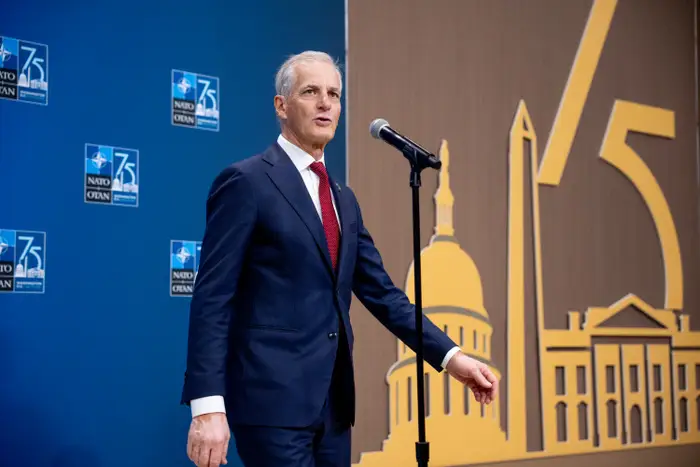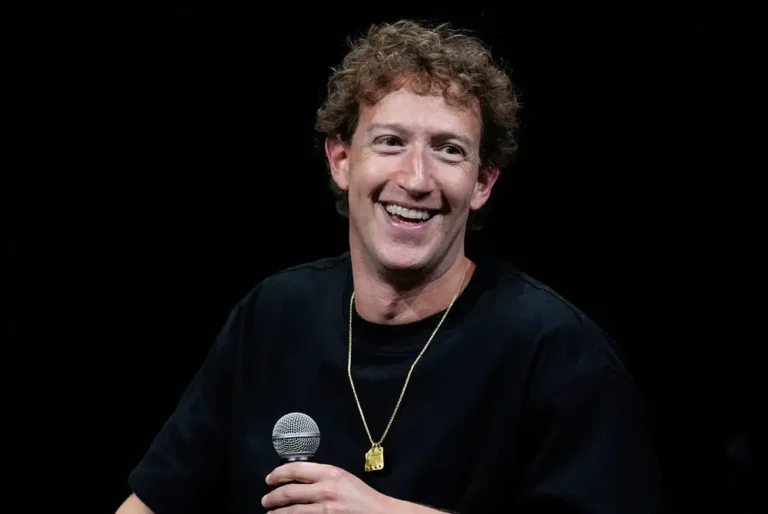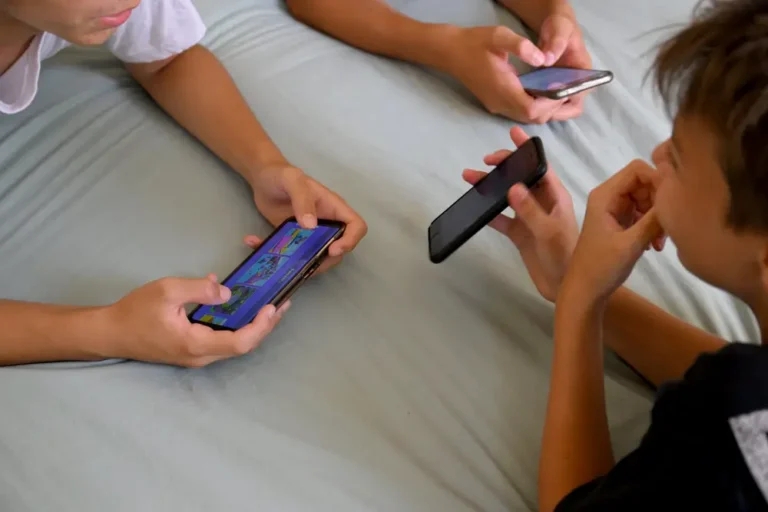Norway wants to ban under-15s from social media, and expects an ‘uphill battle’

Norway is considering banning children under the age of 15 from using social media networks.
Norway wants to stop children under 15 from using social media, proposing one of the world’s toughest bans.
The Scandinavian nation already restricts social media more than most, with a ban for under-13s.
The trouble, though, is that the current ban isn’t working, raising the question of what help a broader one would be.
The Norwegian prime minister, Jonas Gahr Støre, told the Norwegian tabloid VG that new regulation would indeed be “an uphill battle.”
All the same, he framed it as a moral imperative, warning of “big tech giants pitted against small children’s brains” which his government would oppose.
Social-media companies don’t tend to see it like that, generally allowing any user over 13.
Nick Clegg, Meta’s global affairs chief, addressed the issue in September in a speech to London’s Chatham House think tank.
Using Meta products — Facebook, Instagram, Messenger, WhatsApp, and Threads — is positive for the “overwhelming majority of young people,” he said.
When asked if Meta would abide by any bans, Clegg said it would but said they would be hard to implement.
TikTok, facing lawsuits from 14 state attorneys general, has disputed that its products harm kids, touting its own safeguards.
Elon Musk, CEO of X, and Evan Spiegel, CEO of Snapchat, have supported regulation in broad terms, but don’t have clear positions on bans. (Spiegel said he backs the Kids Online Safety Act which passed the US Senate in July.)
Norway’s challenge
Norway’s new rules would expand its Personal Data Act, the legislation that has banned under-13s since 2018.
A spokesperson for its Ministry of Children and Families told B-17 it could come into force “sometime next year.”
Norway’s own data shows the existing ban is widely flouted.
The Norwegian Media Authority in August estimated that 53% of nine-year-olds, 58% of 10-year-olds, and 72% of 11-year-olds use social media.
Its data was based on a survey of 3,212 children and 2,545 parents from 122 schools in Norway.

Norway’s PM Jonas Gahr Støre admits the new regulations will be a challenge to enforce.
Norway’s minister for children and families, Kjersti Toppe, told VG she hoped the law would help parents restrict their children.
Legislation would give “parents the security to say no,” she said.
“We know that many people really want to say no, but don’t feel they can,” she said.
The Norwegian government spokesperson told B-17 that it was considering enforcing the rules with age verification, but would probably first implement the ban without enforcement.
“The protection of children online is a shared responsibility between parents, the tech industry and public authorities,” they said.
However, critics say the parents, not the government, should set social-media rules.
Thomas Anglero is an AI expert, author, and CEO of the tech company Too Easy, based in Oslo. Speaking to B-17, Anglero said Norwegian people would likely ignore the rules.
Anglero said it’s common for Oslo families to use social media, whether to coordinate children’s sports teams or just to chat.
“This law stops the functioning of the average family and creates chaos for everyone,” he said.
“Yes, children need to be protected, but better parenting is a better answer than banning technology,” he said.
“The problem is not the tech but the culture. Norway’s social system works but it still requires parents to be parents and raise their children, not the government.”
Lina Ghazal, the head of regulatory affairs at Verifymy, an online safety provider, said that Norway would need to be smart about making a ban effective.
Ghazal told B-17 that the government would need to come up with strong controls so kids “can’t easily bypass ineffective checking.”
She suggested using email address age estimation and facial age estimation, two techniques that she said are “less disruptive” than requiring photos of IDs.
“If they get it right, it would create a powerful model for other countries looking to create safer, age-appropriate online environments,” she said.
Other countries are considering similar ideas.
Australia’s Prime Minister Anthony Albanese is working on a ban for children under 16, The Guardian reported.
France is taking a different approach, trialling a ban on mobile phones at schools for children under 15.
Representatives for Støre did not immediately respond to a request for comment.






